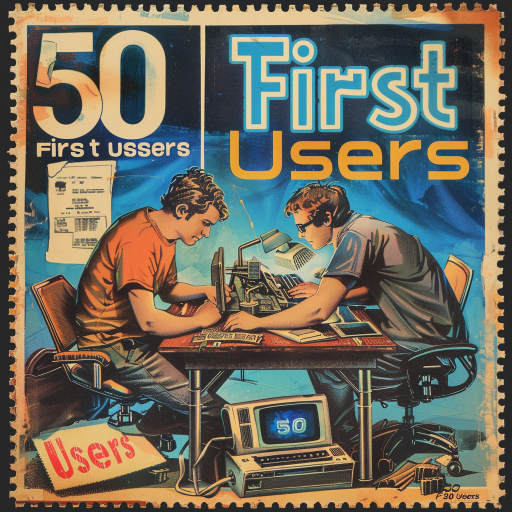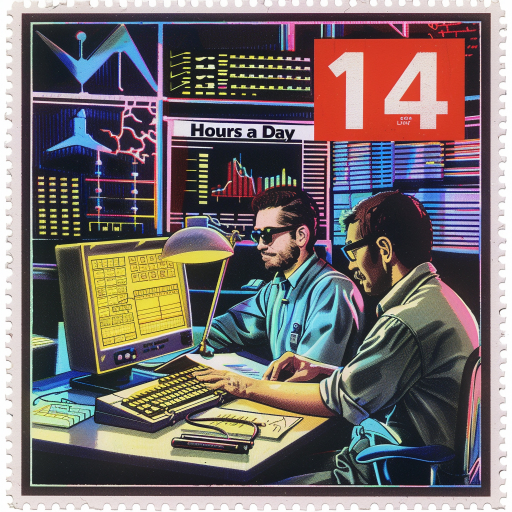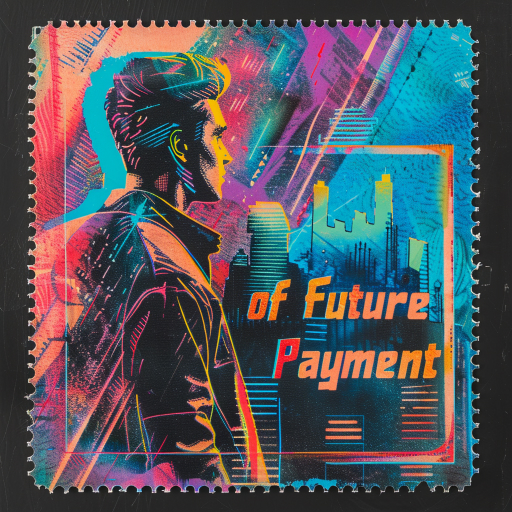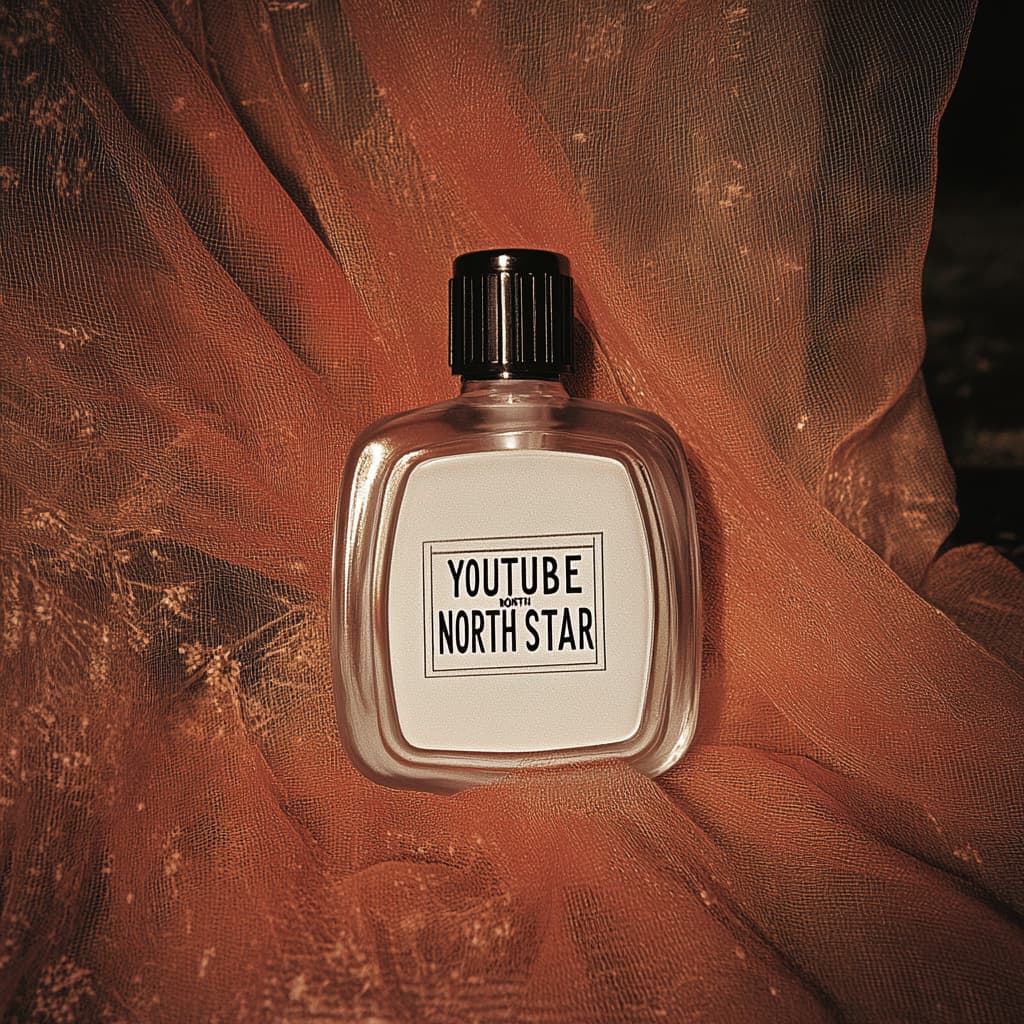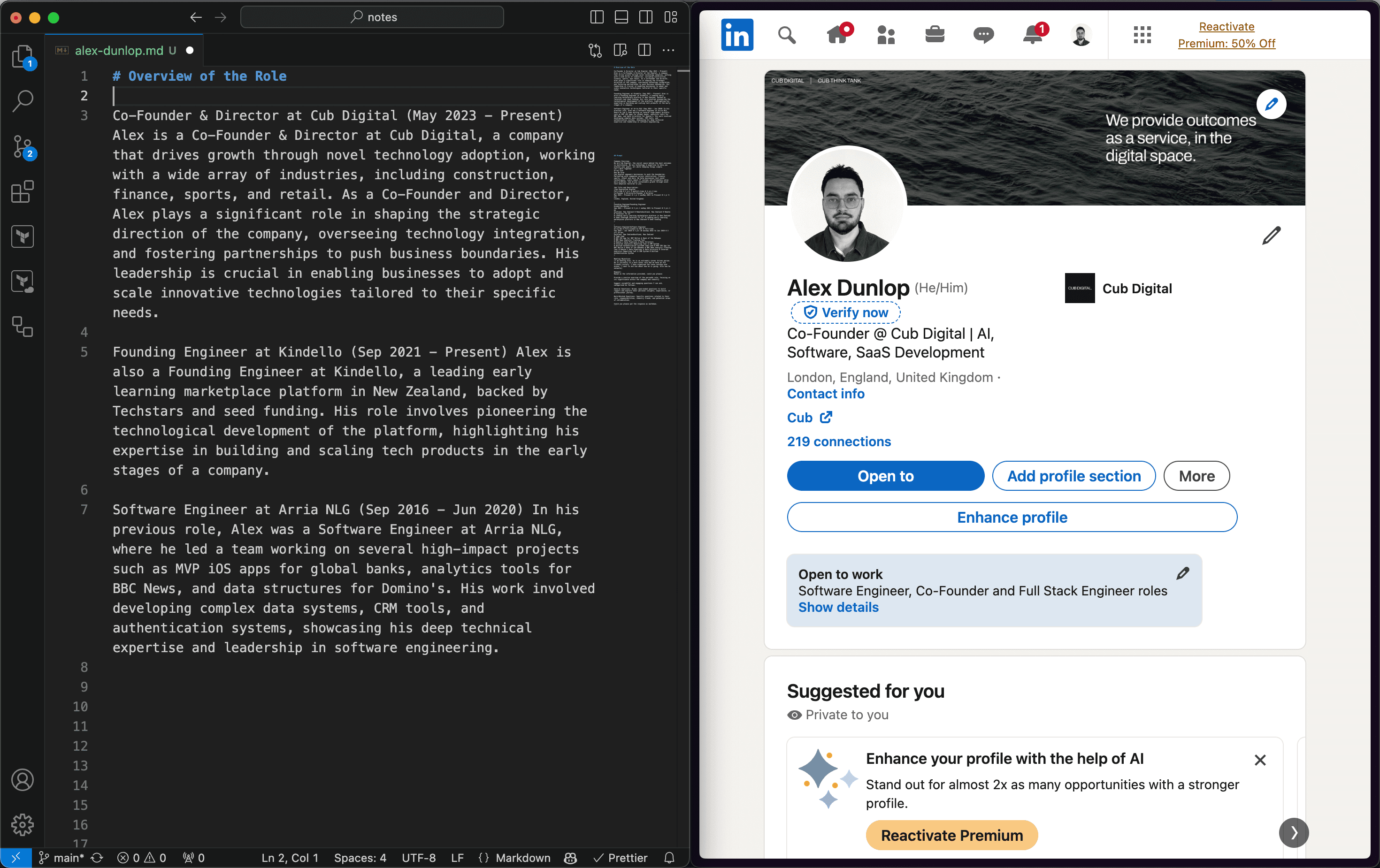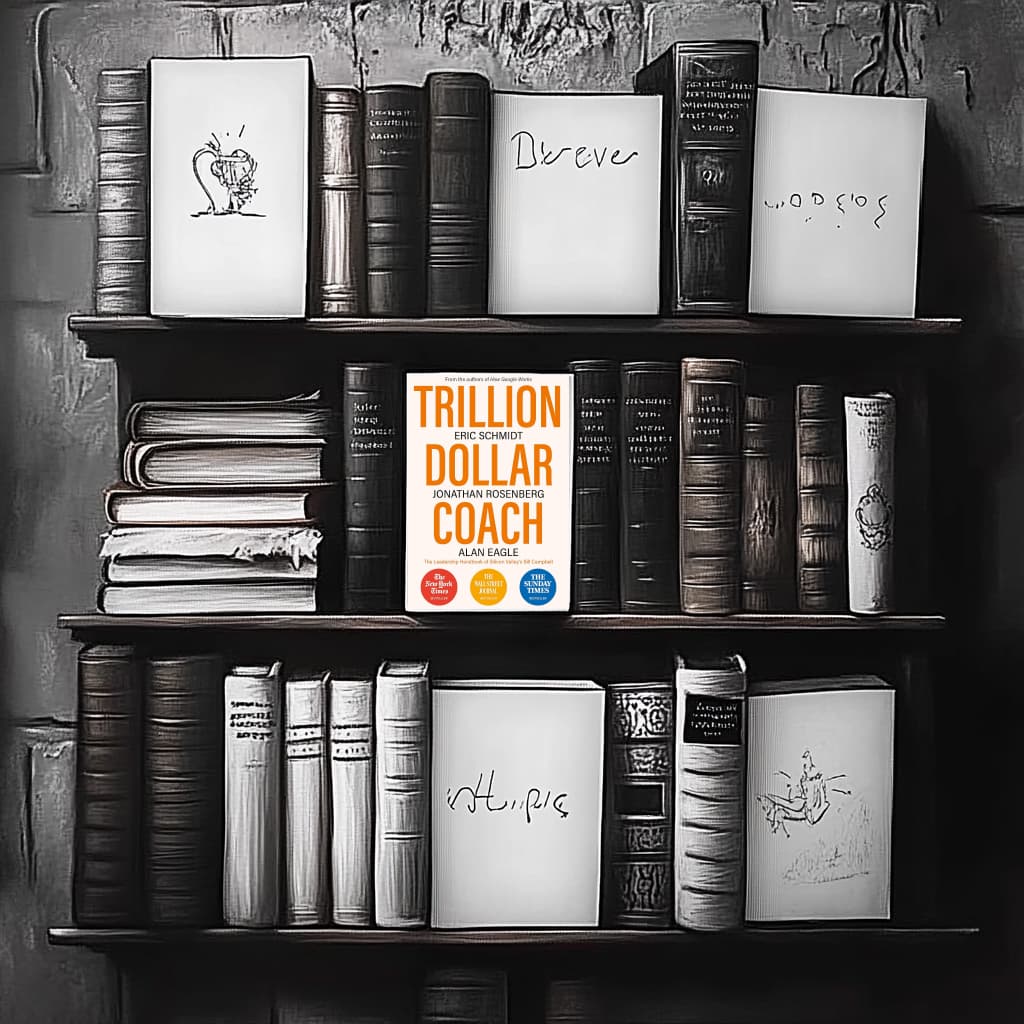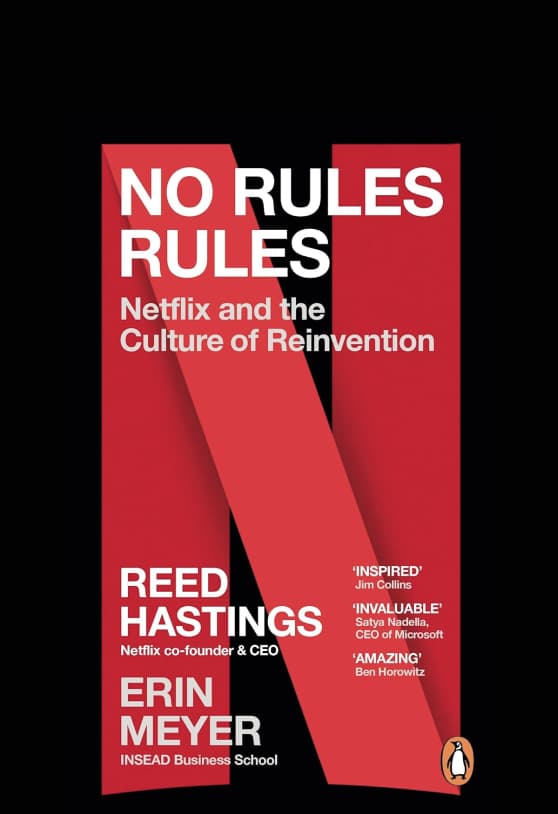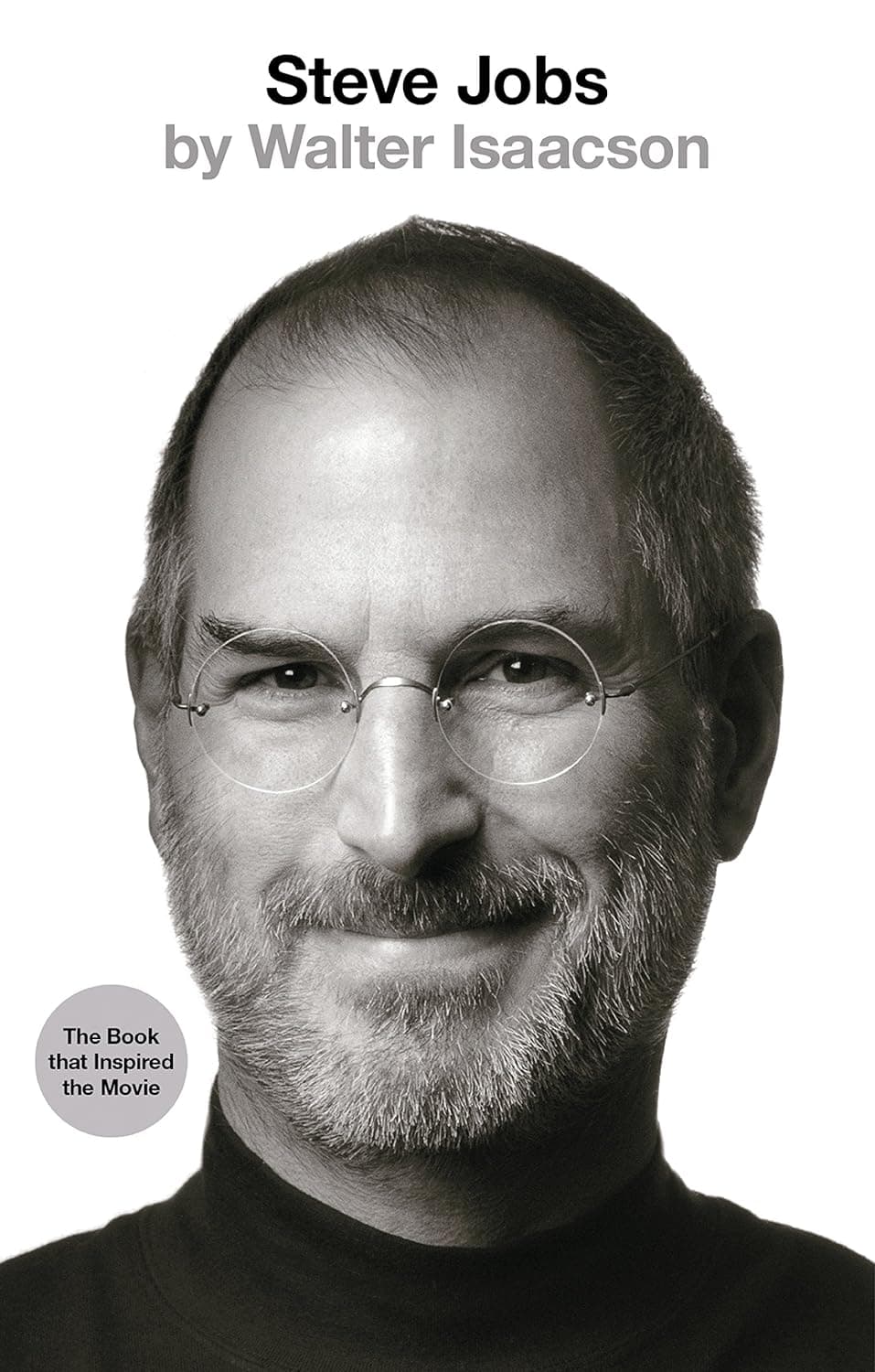Stripe Founder - $65 Billion in Perspective
GET THE #1 EMAIL FOR EXECUTIVES
Subscribe to get the weekly email newsletter loved by 1000+ executives. It's FREE!
Introduction
What is Stripe?
One answer is that Stripe is a really easy way to accept payments online. We started it in 2009 when we had been developing web products and apps. The two options at the time were sending your users offsite to PayPal, which sucked, or signing up for a merchant account and building your own payments infrastructure, which took weeks. Neither option was good. Stripe was a better way to accept payments.
The Founders

Patrick Collison (35) and John (33), the founders of Stripe.
Ahh the Stripe founders, the most eloquent 35 & 33 year old Irish billionaire brothers you'll ever meet. My new favourite hobby is listening to John just talk about literally anything.
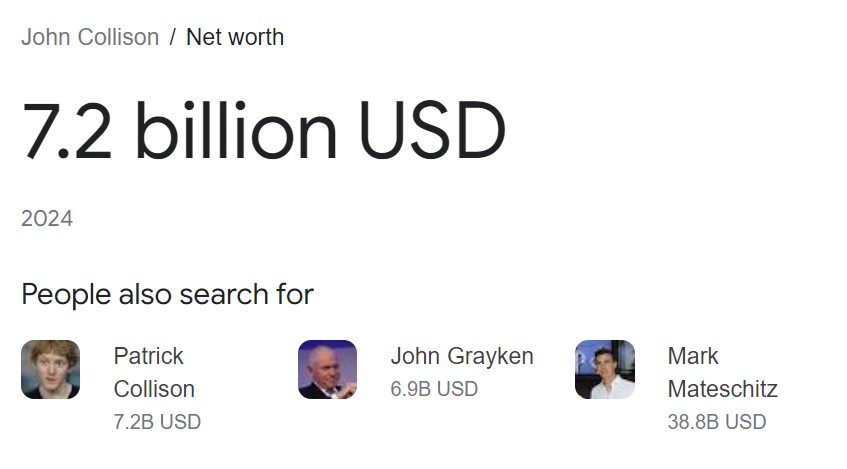
Part speech about Stripe, part inspirational motivation session, part just a really interesting person that is fun to listen to.
Pull out your dictionaries for this one, I had to keep a running count of words that he said.
- Interoperates - to work with or communicate with.
- Balkanized - divided into smaller, mutually hostile states or groups.
- Prescient - having knowledge of events before they take place.
At the time of recording he was 24 and he just drops knowledge bomb after knowledge bomb and speaks like he's been doing it for 50 years.

Yeah those sentences just roll off his tounge effortlessly.

Prescient it might be, what would have also been prescient is investing in Bitcoin at the time of this talk.
If you invested $1,000 at $542 per Bitcoin in 2015, given the current price is $93,870 per Bitcoin, you would be up $172,191.88.

(Side note, this thread on Hacker News is a bunch of hackers discussing the Bitcoin paper and original code base and I found it super insightful.)
Part 1 - Y Combinator
Y Combinator, the startup accelerator that funded Airbnb as we talked about in our most recent post also funded Stripe.
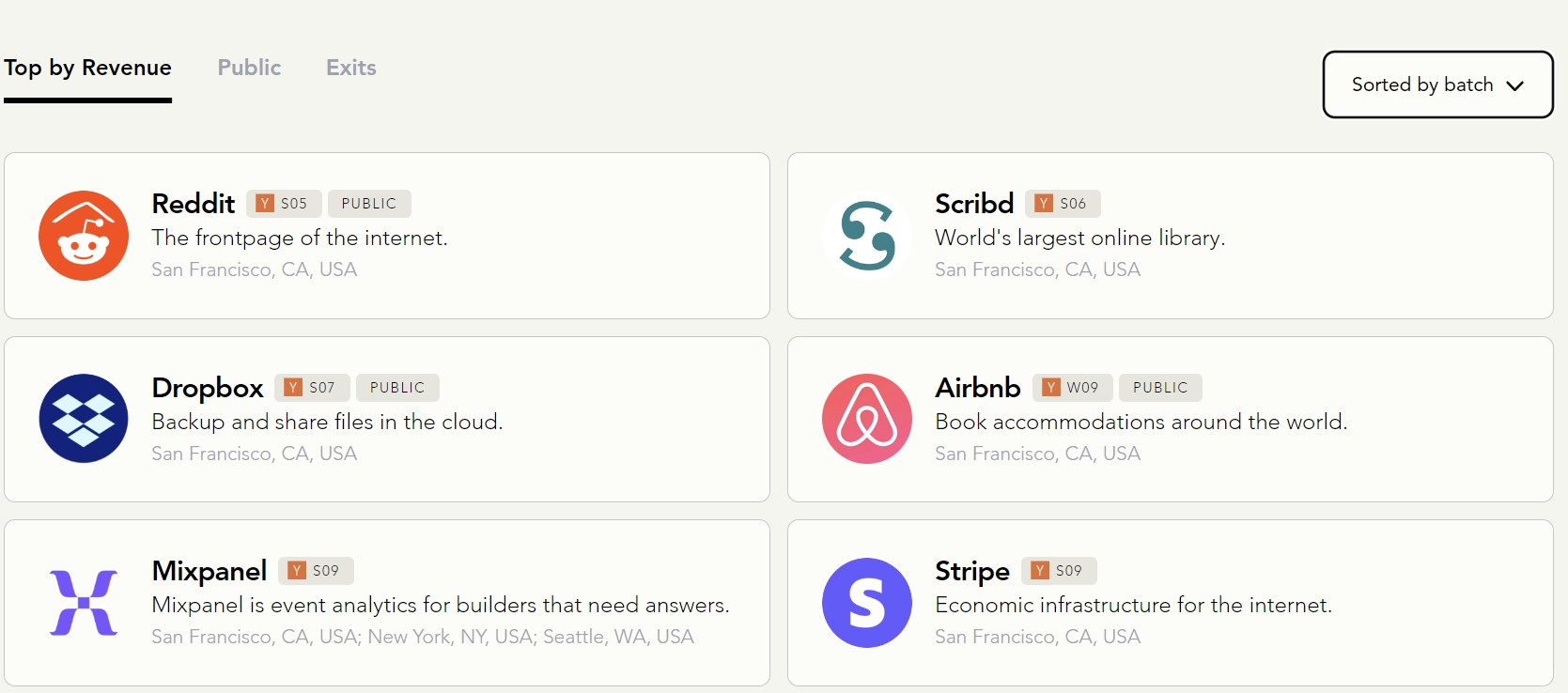
The interesting thing I learned from this talk is that the founders never actually went through the Y Combinator program, they just received funding from them.
"We never actually went through an official batch at Y Combinator. We were fortunate to have a lot of advice from people who had done it before, be it people via the YC network or early investors like Peter Thiel. So, while we didn't go through the program formally, the guidance we received from the community was invaluable."
Part 2 - An insight into uncertainty
I respected his opening.
I'm a huge nerd for start-up history. I spent a considerable amount of my leisure time over the past year reading histories of Oracle, Microsoft, and Facebook. It was really exciting. However, there's a phenomenon where if you're interested in start-ups or thinking of starting a company, you don't quite get the full picture. Companies want to put their best face forward and whitewash things a little. So, you don't see the really interesting details and the uncertainty from the early days of a company. My goal today is to give you some insight into that uncertainty and what it's like in the early days.
The Start-up Myth
Start-ups tend to get higher and higher in how they describe themselves over time, pretending that they've always viewed themselves that way. For example, Elon Musk once said that when he was in college, he thought:

It seems like a visionary statement, but it's hard to believe that's how he always thought. Similarly, Travis Kalanick of Uber once said Uber's goal was to provide transportation as reliable as running water, but initially, it was about rolling around San Francisco in Mercedes S-Classes with friends.
For Patrick and me, when we started Stripe, our market research was that we really wanted this as developers, and we had one or two friends who wanted it too. Over time, we realized it was a large problem we could tackle.
Part 3 - 2 Years to get the first 50 customers
Start-ups are often described as multi-year overnight successes. In Stripe's case, we spent a long time building out the product and figuring out if it would work. We started working on Stripe in the fall of 2009 and launched it in September 2011, two years later. At launch, we had 50 users. Spending two years acquiring 50 users felt like slow progress. The challenge is that even if you're working on a good idea, it may feel like slow going.
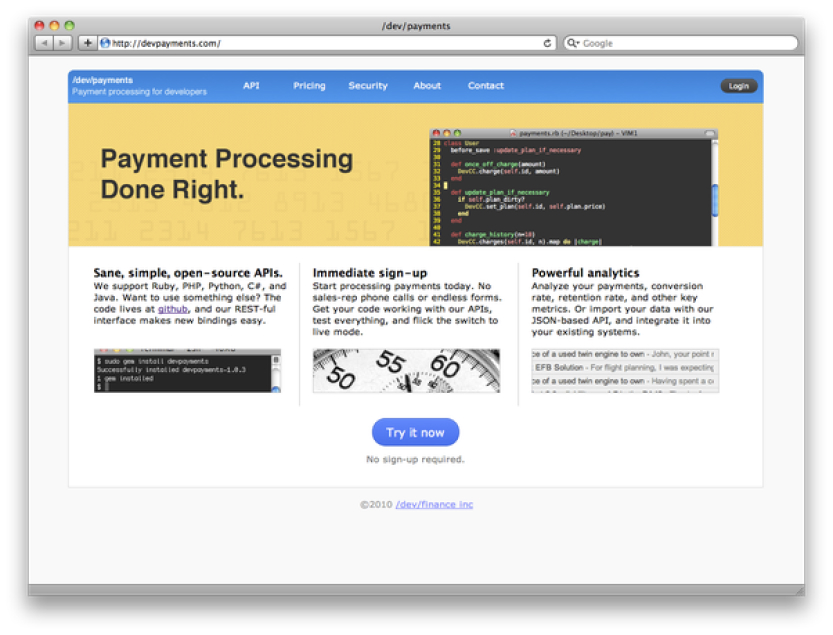
Original Stripe Design when it launched
Side note, I love how I found this image and it is literally Patrick Collison the founder responding to a random question on Quora. It just really backs up the point that they were just two guys building something they wanted and trying to help the community.

Part 4 - Get 100 Customers to love you
What helped us take off was focusing on building a great product and taking abnormally good care of our early users. We set up the Stripe API to email us whenever someone ran into a bug, and we would often fix it immediately and notify the user. We also set up a Campfire room for customer support and allowed local users to visit our office for help. This level of care surprised and impressed our users, creating a viral effect through word of mouth.
I liked the dashboard prompt that they had in the early days.
We had in the bottom right of the Stripe dashboard Dashboard prompt a little prompt that would change on every page load. It would say, the thing you guys should improve here or a feature I really want is or the worst thing about that - this page is and people would fill it out and hit enter. And again, because there were so few users, we would reply within 10 minutes and people found it a little odd.
Wait, here we go again, just some classic Paul Graham advice of doing things that don't scale. The post that we did on Airbnb recently also talked about how they would go to the houses and take photos themselves.
Part 5 - Stripes Original Addressable Market
When Patrick and I started Stripe, our market research was quite straightforward. As developers, we knew this was something we really wanted. We also had a couple of friends who needed it, which seemed like a sufficient market to address. Over time, we realized that this was actually a significant and substantial problem that we could tackle effectively.

Part 6 - Finding Startup ideas
Addressing these opportunities seems obvious in hindsight, but that hindsight doesn't help you in the moment. Realizing these opportunities only after they've been pointed out doesn't help you progress. David Foster Wallace's commencement speech, "This Is Water," illustrates this well. In it, he tells the story of a big fish passing two little fish and asking, "How's the water?" The little fish swim on before one asks the other, "What the hell is water?" Wallace uses this anecdote to explain the importance of being mindful in our daily lives.
Spotting opportunities is similar. We live in a world full of problems, big and small, that we've learned to work around and take for granted. To recognize opportunities, you need to step out of that routine, question how things work, and be bold enough to suggest that the current way might not be the best way.
Part 7 - Insiders don't see the problems
It's interesting to note that companies that successfully change an industry are often not started by insiders. Insiders know too much about the industry and have been immersed in it for too long. This was certainly true for Stripe, as we learned more about how the payments industry worked.
Part 8 - Work Ethic
Interesting fact that he mentioned in this video that they worked 14 hours a day, 7 days a week. Aligning to the work ethic that we've seen in other successful founders like the Airbnb founders.
End - More Fun Vocabulary
This talk was a lot of fun, I learned a lot and I'm going to leave you with some more fun vocabulary words. John is the sort of person that makes you want to learn more and more. I swear he could talk about tractors and I would be on the edge of my seat.
- Phenomenally - in a remarkable or exceptional way.
- Path dependence - the idea that decisions we are faced with depend on past knowledge trajectory and decisions made.
- Escape velocity - the minimum speed needed for an object to escape from the gravitational influence of a massive body.
- Symptomatic - serving as a symptom or sign, especially of something undesirable.
- Monolithic - large, powerful, and intractably indivisible and uniform.
- Tenor - the general meaning, sense, or content of something.
- Hubris - excessive pride or self-confidence.
- Cultural inculcation - the process of teaching and instilling cultural norms and values.
- Inextricably - in a way that is impossible to disentangle or separate.

Postage Stamps
